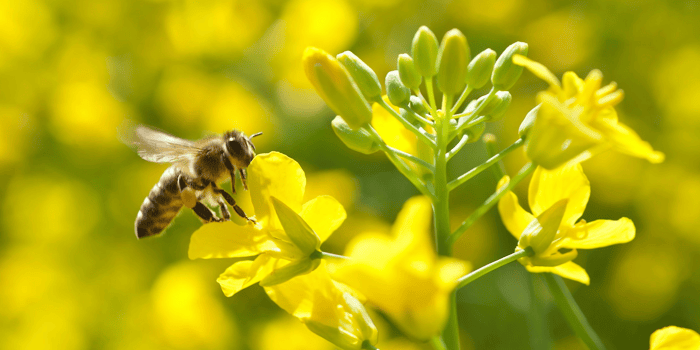Along with butterflies, birds, and bats, they are responsible for pollinating over 75% of crops globally, The risk of massive losses increases.


Photo credit: Getty Images / Unsplash+
A research article published by Ewald Rametsteiner, Deputy Director, and Fritjof Boerstler, Senior Natural Resources Officer, Forestry Division, FAO, provide important context and facts on the importance of bees for humanity.
Around the "World Bee Day" on 20 May a number of important perspectives on bees were published and communicated.
Bees are best known as pollinators. Along with butterflies, birds, and bats, they are responsible for pollinating over 75% of crops globally, including fruits, vegetables, nuts, and seeds.
Understandably, pollinators reflect the health of an ecosystem, serving as a kind of warning system. When they are abundant and diverse, nature is thriving.
Yet some of the world’s 20,000 bee species are under threat, and roughly 40% of all invertebrate pollinator species, particularly bees and butterflies, face extinction, driven by habitat loss, pesticide use, climate change, disease, invasive species, and pollution.
More about the research article can be found here.
Published by
 investESG
investESG
 investESG
investESG

